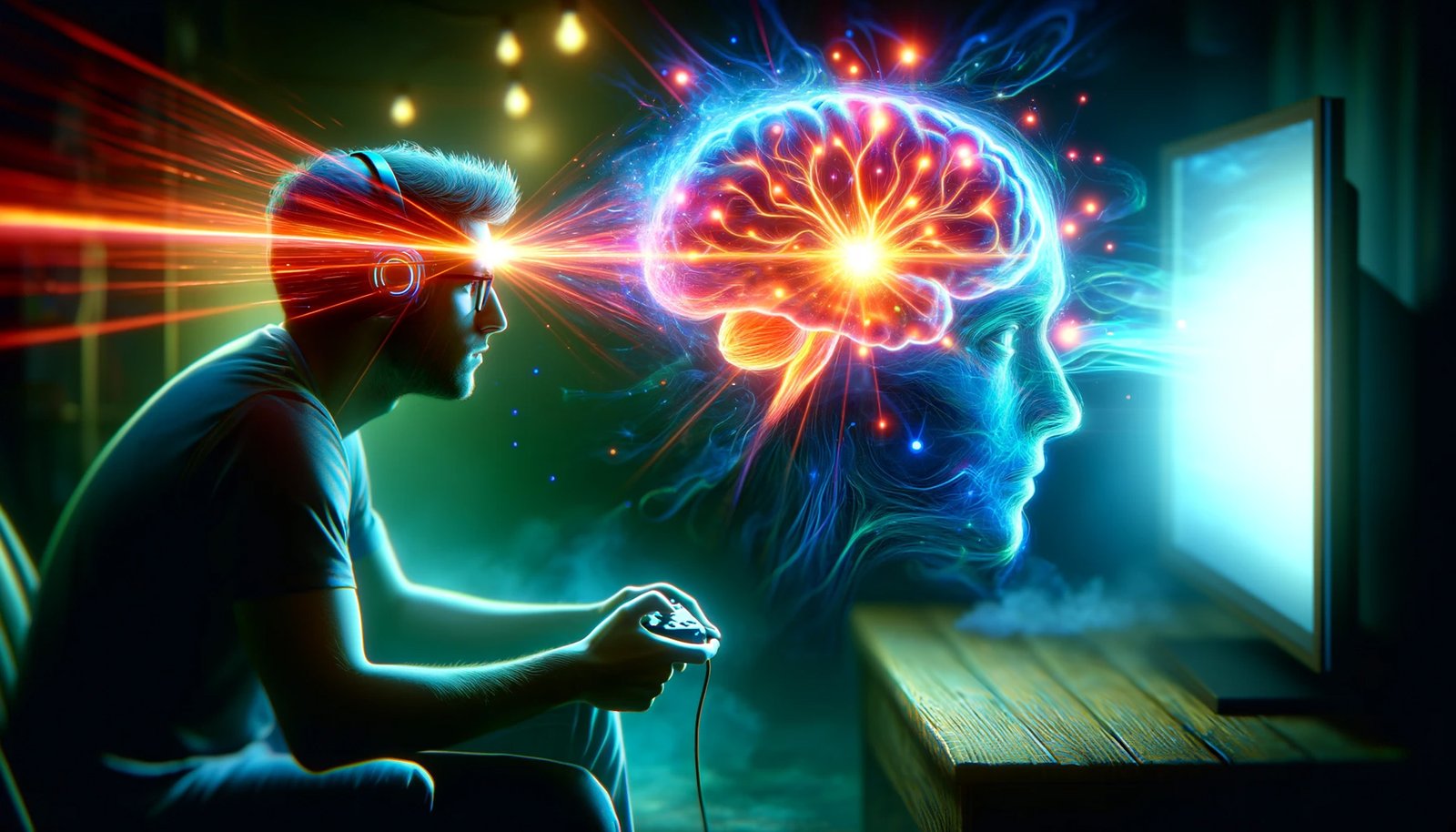In recent years, the impact of gaming on cognitive development has garnered significant attention. Contrary to the stereotype of gaming as a mere pastime, research indicates that engaging in video games can enhance various cognitive skills. This article delves into the benefits of gaming for cognitive development, exploring how different types of games contribute to mental growth.
Enhancement of Attention and Concentration
Action video games, characterized by fast-paced scenarios and the need for quick decision-making, have been shown to improve players’ attention spans. Gamers often develop the ability to focus on relevant information while filtering out distractions, leading to better concentration in both gaming and real-life situations.
Improvement in Memory and Learning
Many games require players to remember complex sequences, maps, or strategies, thereby enhancing both short-term and long-term memory. For instance, role-playing games (RPGs) often involve intricate storylines and character development, encouraging players to retain and recall information over extended periods.
Development of Problem-Solving Skills
Puzzle and strategy games challenge players to think critically and develop solutions to complex problems. These games often present scenarios that require planning, resource management, and adaptability, fostering advanced problem-solving abilities that can be applied beyond the gaming context.
Enhancement of Multitasking Abilities
Certain games demand the simultaneous management of multiple tasks, such as monitoring resources, navigating environments, and responding to dynamic challenges. This multitasking requirement can improve cognitive flexibility and the ability to juggle various responsibilities effectively.
Improvement in Spatial Awareness
Games that involve navigation and spatial manipulation, like first-person shooters or racing games, can enhance spatial awareness and hand-eye coordination. Players often develop a better understanding of spatial relationships and movement, skills that are beneficial in real-world activities such as driving or sports.
Enhancement of Decision-Making Speed and Accuracy
Fast-paced games require players to make quick decisions under pressure, improving their ability to process information rapidly and accurately. This skill translates to real-life situations where timely decision-making is crucial, such as in emergency responses or high-stakes environments.
Read more about : https://upbent.com
Promotion of Social Interaction and Collaboration
Multiplayer and online games provide platforms for social interaction, teamwork, and communication. Collaborative gaming experiences can enhance social skills, empathy, and the ability to work effectively in teams, which are valuable in both personal and professional settings.
Conclusion
Exploring the benefits of gaming for cognitive development reveals that video games can serve as valuable tools for enhancing various mental skills. From improving attention and memory to fostering problem-solving abilities and social interaction, gaming offers a multifaceted approach to cognitive growth. Just as Understanding SP AFF Charge requires careful consideration, so does responsible gaming, with moderation being key. The positive impacts of gaming on cognitive development are becoming increasingly evident.

